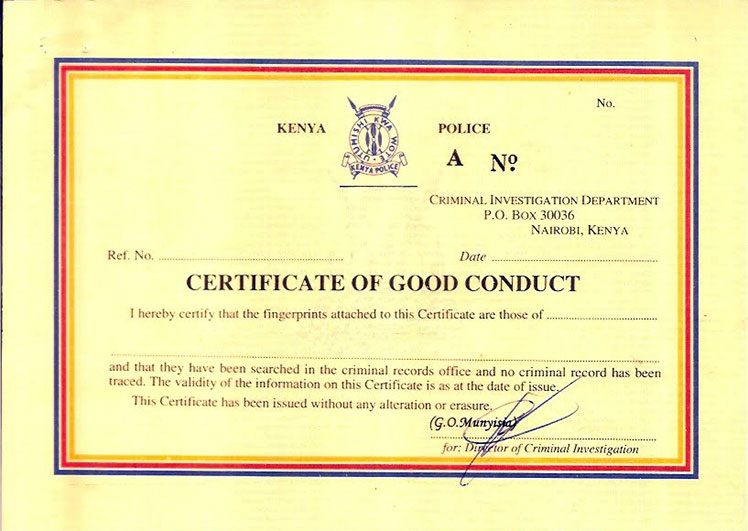Historically, Kenya's economic graph experiences drastic drops whenever a general election comes around. Product prices shoot up, business opportunities dry up, and investments slow down. But does it have to be so every five years?
An analysis of past elections in Kenya reveal a co-relation between national polls and a yo-yoing national gross domestic product (GDP). There was a 40% chance of a downturn in GDP rate during the one-party era between 1963-1990. More so in the 1974 elections when the economy was drastically affected due to the global oil crisis of 1973 which was instigated by the Arab-Israeli Yom Kippur War. We'd barely recovered from that slump before the 1983 elections came around. These were the elections that came after the failed 1982 coup. The economy took a dive during this period, only recovering with the help of private investors.
The dawn of the multi-party era did nothing to change the cycle of economic downturn during general elections. In fact, recovery period raised from 18 months to 26 months. In 1992, an election marred by tribal clashes took the economy on the brink of collapse. This trend continued on until the 2002 elections which brought an end to the suffocating 40-year KANU rule. The economy experienced an unprecedented upsurge in that period, but the worst was yet to come.
In 2007, a bloody post-election violence slowed our economy down to a near halt. An increasingly globalized world was also in the middle of a tough recession which would have reverberated in Kenya. Our economy, as always, recovered. Kenyans voted to pass a new and progressive constitution in 2010, which when in full swing should devolve power from the top and down to the hands of the people. Hopefully, this should put an end to this vicious cycle of elections negatively affecting the economy.
We've had two (relatively incident-less) elections since the new constitution. The 2013 elections came too soon after the 'Yes' referendum to make fair judgment. The 2017 elections and its effects on our economy are still being analysed. But anyone who's lived and worked in Kenya during these elections will without a doubt speak to the slow business environment and increased food prices - more famously the unga saga.
history From The Past

Thu. 6th Feb, 2020 at 9:23AM



